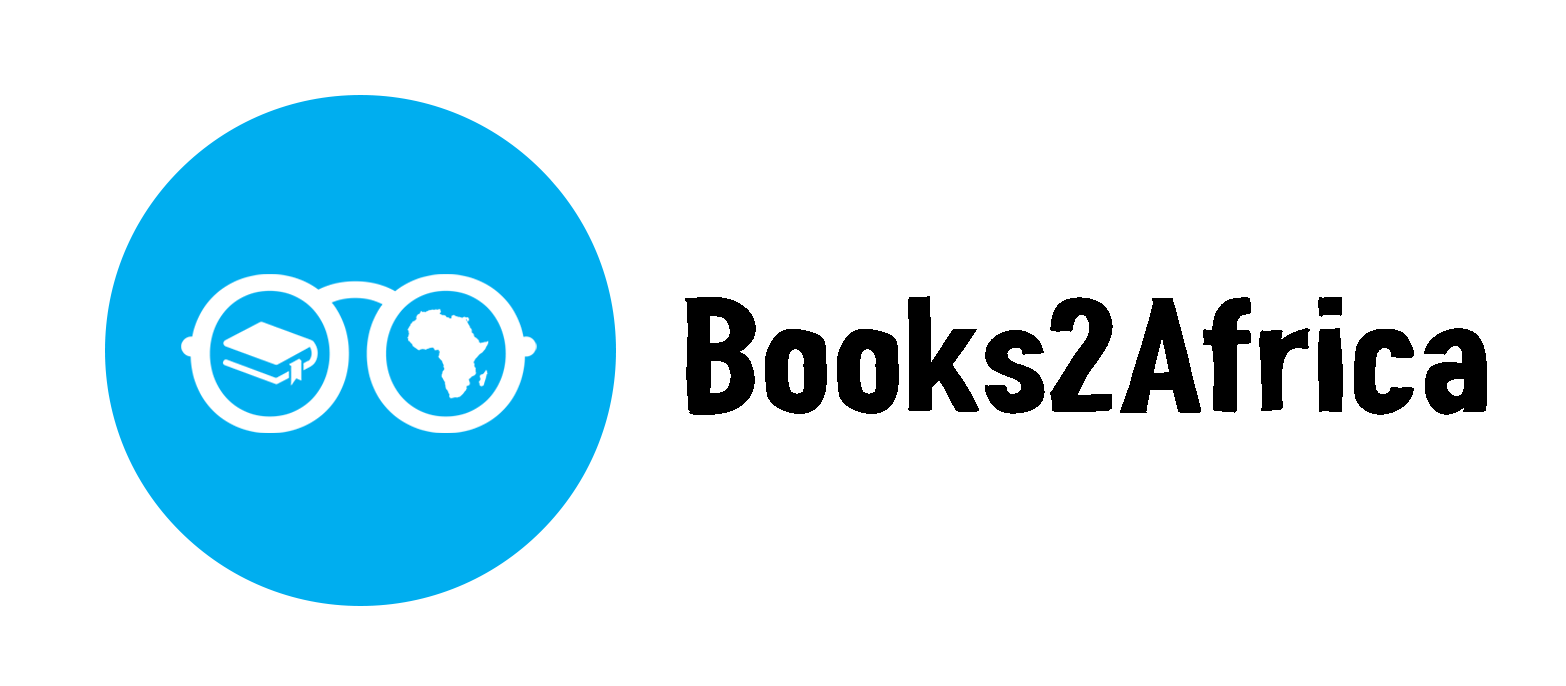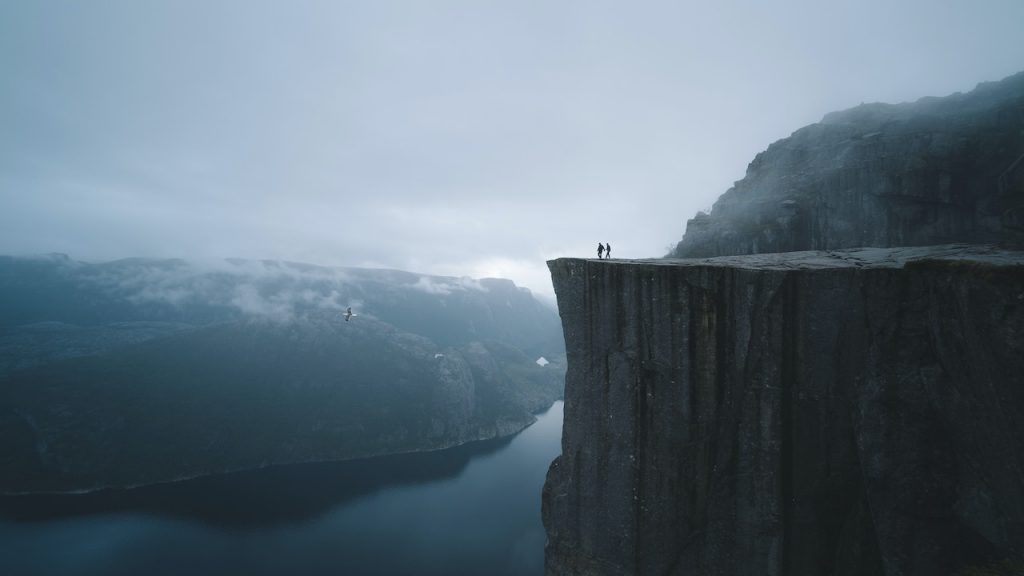On The Brink
For David Attenborough, Greta Thunberg, Melanie and Marcus Rashford.
Boundless, the greed of Earth’s corporate kings,
Finite, the riches they despoil with speed:
This paradox, stubborn-barbaric, persists,
Demanding attention deferred, avoided,
While problems, pervasive, are brushed aside,
Healing interventions, care-intensive,
Dismissed with contempt, support denied
By disaster – capitalism’s Profiteering –
addicted bully boys,
Pampered prisoners, caged in the labyrinth Of
their own delusional power games.
And so the drama of high-tech unthinking
Moves super-charged, swift-incremental,
An accelerating global pandemic
of human-inflicted devastation
On the planet we plunder and rape,
Ignoring the reach of our savagery unleashed,
A savagery that can, in a trice, smash
An innocent human life, direct
From a gun-wielding-uniformed hand,
Or employ tactics, toxic-subversive
To enforce an economic apartheid,
Whose modus operandi is hidden
Monstrous invisible, from its Victims.
–
So let us pause for a moment, to take
An overview of this human pandemic,
Our sorry state of uncivilization,
Fuelling the flames of racist aggression,
Workers’ rights infringed, diminished
Or non-existent, in the interconnected
World of élitist corporate culture,
False-competitive nationalisms,
Patriarchal imperialism,
Corralled migrant workers, treated
As cheap commodities expendable,
Child labour, trafficking and slavery……
From these realities, conveniently absent
From government-endorsed, status quo narratives,
A question, disruptive, distressing arises:
Why do we allow such misery, rife,
To blight the potential of so many lives
And the very resources that nourish
All life forms, struggling for survival
On the planet we abuse, yet take for granted?
Before spending billions on space exploration,
Prelude to new eras of feverish
Ruthless rivalries and colonization,
Should we not, first, break the stranglehold
Of lethal, imperialist agendas,
Learn the skills of peaceful co-existence
And tend the near-fatal wounds, too long
Festering unattended, underfoot,
As helpless, we inhale the air above,
Toxic invader of imperilled lungs?
–
Can tragedies, looming, cataclysmic
Be converted into new beginnings,
Hope and history rhyming in harmony, 1.
As our children’s broken dreams, stolen futures
Are recovered, mended, restored to them,
And on their faces, sunshine smiles
Chase brooding anxiety from furrowed brows,
Children taught that above nationality,
Caste or class boundaries, skin colour,
Religion, gender hierarchy,
Each child is simply, first and foremost,
A fellow-citizen to be respected
On the crowded planet we must learn to share,
For as a voice, from a war-torn century,
Warned with passionate intensity,
We must love one another or die? 2.
Now, restorative love must be applied
To our precious planet, too long defiled,
So that children learn the meaning of life
And how to treasure the Great Chain of Being,
In which we form, one link problematic.
–
The tragedies that loom, cataclysmic,
MUST be converted into new beginnings,
So that hope and history rhyme in harmony,
And our children’s broken dreams, stolen futures
ARE recovered, mended, restored to them,
As on their faces, sunshine smiles
Chase brooding anxiety from furrowed brows,
And co-operative collaboration
Replaces cut-throat competition,
As a new dawn heralds the inception
Of sustainable civilization.
Let us follow, with determination
In the footprints, poetic-challenging,
Of W.H.Auden and Seamus Heaney,
Transforming ruin into remedy,
Consigning the pattern of cruel
Histories, into lessons liberating
The stunted potential of the Human Spirit.
Let tragedies, looming cataclysmic
Be converted into new beginnings,
Before we are consigned like dinosaurs
Into faded memories of times forgotten.
The clock is ticking, the hour-glass emptying;
Can we reverse this grim condition,
Restoring hopeful smiles to infant faces,
This the question awaiting resolution?
We must, love one another or die,
Learn to share what we have no right to seize,
Steal, expropriate in endless conflict and wars.
—
Notes
1. In their anthology of poetic voices, Drs Peter Buckroyd and David Edwards insist that “Seamus Heaney’s poetry has always explored both the rustic and the hostile nature of his roots.” Born and brought up as a Roman Catholic in rural County Derry, Northern Ireland, where religious hostility between Roman Catholics and Protestants was all too frequently also a manifestation of an unresolved, belligerent-bitter, political divide, this multi-faceted conflict “is almost always a backdrop to his work, stated and implicit.”
Political resolution and justice, all too often elusive as well as longed-for, demand active determined support, whenever an opportunity arises to transform hope into reality. Seamus Heaney’s beautiful image, of hope and history rhyming, made an impromptu appearance, finding a new home in the lines and themes of “On The Brink,” so after editing my lines, I returned to his, which demand acknowledgement:
…” History says Don’t hope
On this side of the grave.
But then, once in a lifetime
The longed-for tidal wave
Of justice can rise up,
And hope and history rhyme”…
The Cure at Troy. Seamus Heaney (1939-2013).
See – A Choice of Poets. Editor Dr David Edwards. Walton-on-Thames: Thomas Nelson and Sons Ltd., 1999. P240.
2. W.H.Auden (1907-73) has been acclaimed as one of the greatest poets of his generation, “heavily committed to anti-Fascist campaigning during the 1930s,” a commitment expressed in his poetic responses to the tragic events, culminating in the outbreak of the Second World War. In the poem “September 1, 1939,” his voice becomes an instrument of urgent communication, its purpose,
“To undo the folded lie,”
to wage a verbal war against the lies and disinformation
“Of a low dishonest decade,”
and the unacceptable ease with which conflicts, unsuccessfully resolved, spread contagious with pandemic force:
… “I and the public know
What all school children learn,
Those to whom evil is done
Do evil in return” …
In a situation of global conflict/conflicts, every life is vulnerable, exposed, at risk:
… “And no one exists alone,
Hunger allows no choice
To the citizen or the police,
We must love one another or die” …
It seems to me, that the power, challenge and stark simplicity of the line I have just quoted, and which, once again, insisted on taking up residence amid some of mine, encapsulates the urgency of the choice before us, at this critical juncture in our self-imperilled history.
See – Another Time Part One. People And Places (first published, 1940). W.H.Auden. London: Faber and Faber, 2007 pp.103-106.
3. Mohandas Karamchand Gandhi, universally known as Mahatma Gandhi (Mahatma meaning holy soul), born 1869, assassinated by a Hindu fanatic in 1948, famously advised Indian policymakers: “Recall the face of the poorest person you have seen and ask yourself if the step you contemplate is going to be any use to them,” advice current world leaders would do well first to heed, then apply!
4. If we pause, reflect and listen carefully to wise voices from the past, freeing ourselves from the insolence of imperial arrogance, we may learn precious truths, applicable to our Troubled Times, our Precarious Present. I will finish with the words of Chief Seattle, spoken in the mid-1850s to the Government in Washington D.C. determined to buy, or rather compulsorily purchase, his People’s Land, People for whom the very concept of selling ancestral land would have been regarded as both heinous and unforgivable:
…” When the last Red Man and Woman
have vanished with their wilderness,
and their memory is only the shadow
of a cloud moving across the prairie,
will the shores and forest still be there?
Will there be any of the Spirit of my People left?
My Ancestors said to me, This we Know
The Earth does not belong to us.
We belong to the Earth” …
See – Brother Eagle, Sister Sky.
A message from Chief Seattle with paintings by Susan Jeffers. First published in the U.S.A, subsequently by the Penguin Group in Britain, the U.S.A., Australia, Canada, India, New Zealand and South Africa, 1991, 1992, 1993.
In her note at the end of this beautiful, powerful, haunting book, Susan Jeffers reminds us: “What matters is that Chief Seattle’s words inspired – and continue to inspire – a most compelling truth: In our zeal to build and possess, we may lose all that we have;” and she concludes with words of urgent warning and passionate challenge:
“To all of the Native American People, every creature and part of the earth was sacred; it was their belief that to waste or destroy nature and its wonders is to destroy life itself. Their words were not understood in their time. Now they haunt us. Now they have come true and before it is too late we must listen.”
Listen and act!
©Hilary Rouse-Amadi.

